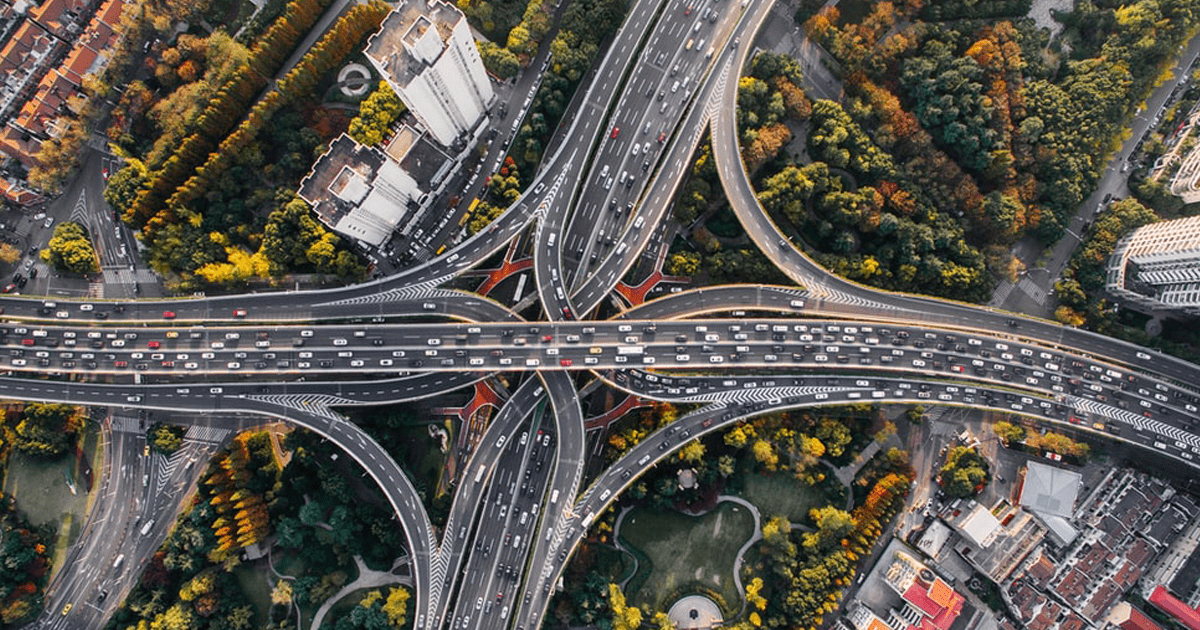In 2010, China’s unified tax system mandated foreign enterprises and foreign-invested enterprises (FIEs) to pay for urban construction and maintenance taxes. These are indirect taxes that were not previously charged to foreign individuals or FIEs. Prompted by its inclusion in the World Trade Organization in 2008, China has continued to enact laws leading to tax unification. Thus, these changes would have affected foreign individuals and businesses involved in value-added tax (VAT) payments.
Read our previous article on China’s New Legislation for VAT and Consumption Tax
China’s transition to a single unified VAT system has led to various changes in the treatment of indirect taxes including the urban construction and maintenance tax.
What is Urban Construction and Maintenance Tax?
The urban construction and maintenance taxes are payable tax rates on the amount of indirect taxes such as VAT and consumption tax. They are normally charged at different rates depending on the location of the taxpayer.
- City (7%)
- County or town (5%)
- Other areas (1%)
Such surtaxes are tax liabilities of VAT payers in China. Moreover, the collection of these surcharges aims to help fund the projects of local communities. Therefore, these taxes are based on the location of the taxpayer and are collected at the local level. Accordingly, local governments are also responsible for determining these taxes and implementing related policies.
New urban construction and maintenance law
On August 11, 2020, the State Taxation Administration released a notice regarding the new law on urban construction and maintenance taxes. Article 3 of the new law states that urban construction and maintenance taxes will not be levied to:
Overseas entities or individuals who pay VAT and consumption tax for the imported goods or labor services or intangible assets. This applies to such imports sold within China territory.
Furthermore, the amount of the said surcharges is calculated by multiplying the tax base (VAT and consumption tax) by the applicable rates as mentioned above.
On the other hand, the new legislation dictates that the State Council may reduce or exempt urban construction and maintenance taxes. This condition applies in relation to the construction of major public infrastructure, special industries, or response to national emergencies.
The said provisions will take effect from September 1, 2021. To note, it will repeal the old law on urban construction and maintenance tax of 1985.
Importance of indirect taxes
China’s indirect taxes comprise the bulk of the government’s total tax revenue. Thus, the management of indirect taxes such as VAT and consumption tax is central to doing business in China. Over the years, China has expanded its VAT reforms for the trade of goods and services including tax exemptions.
Also, read more about VAT Exemption on Sales of Services to Foreign Countries
Nevertheless, it remains a challenge for overseas companies such as those providers of services to China to register or account for VAT. Without a permanent establishment, non-resident enterprises are not entitled to issue VAT invoices nor claim input VAT credits. However, they are subject to VAT through the local withholding agent being the recipient of the service.
The government’s ability to improve its collection of indirect taxes will secure a consistent revenue source to aid the economy. However, the nature of indirect taxes as based on consumption poses challenges in monitoring business activities and thus, preventing fraud. China, as one that has a complex tax system, developed the golden tax system to ensure that tax authorities can thoroughly inspect all VAT invoices.
On the other hand, China has already made huge efforts in building a paperless tax services environment. For one, the development of the e-tax system proves to be promising in terms of streamlining the administration of taxes.
Have you read? E-fapiao and the Digitalization of Tax Services in China
Key takeaways
Education surcharges levied at three percent of the amount of VAT and consumption tax also fall under the unified tax for foreign-invested enterprises. Hence, it is likely that it will also take the form of the new urban construction and maintenance law.
Contact us
If you want to know more about doing business in China and need expert insights on your tax-related activities, contact us to avail of our specialist services. Moreover, you can take advantage of Kwikdroid, our easy-to-use, 24-hour access company management tool for any type or size of business.
Kwikdroid is a Cloud-based accounting and company solution that will be made available in your workplace in no time.
S.J. Grand also offers Cloud ERP services for your business if you are currently experiencing difficulty in managing your operations amid the COVID-19 pandemic. Check out our IT services page for more details.






